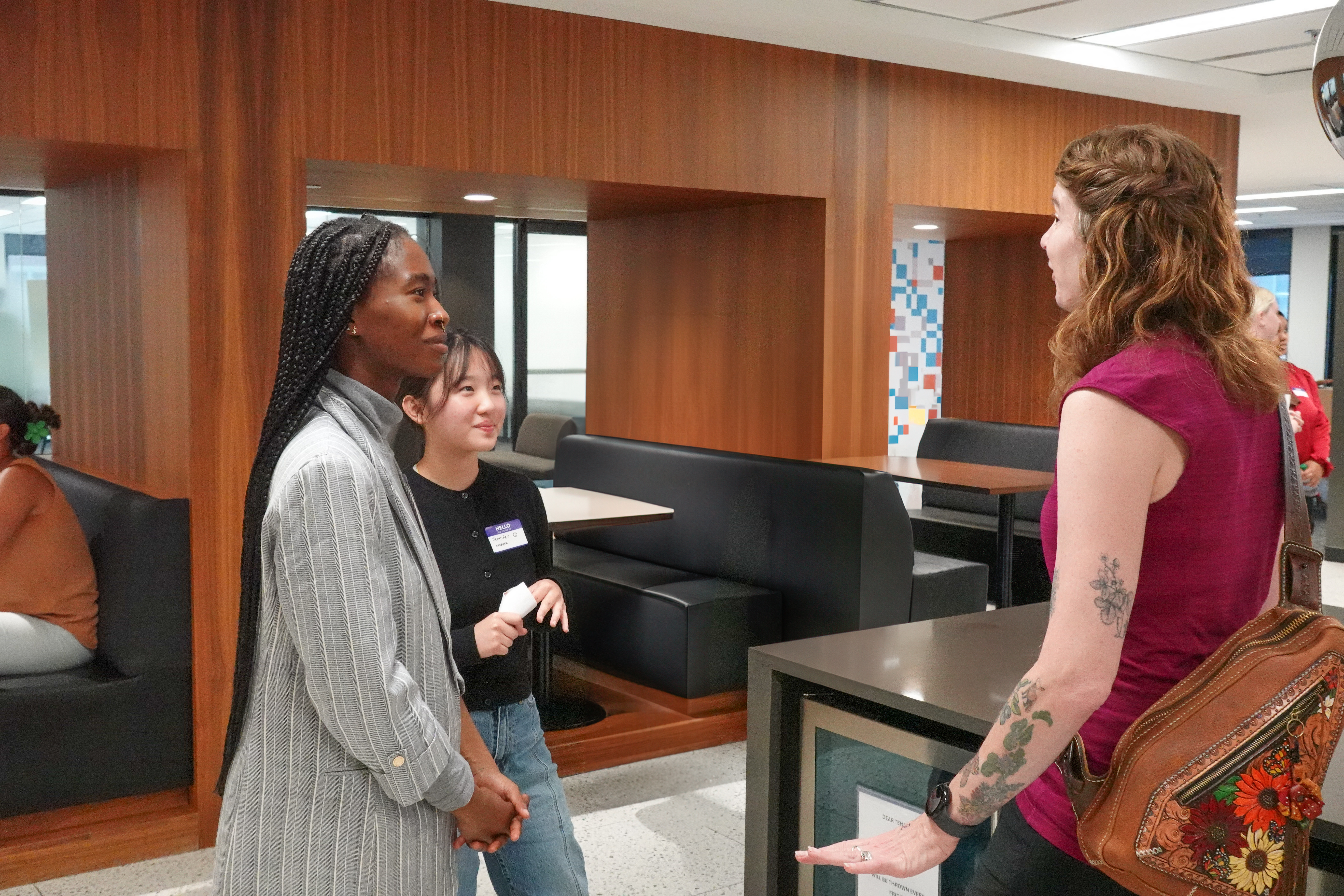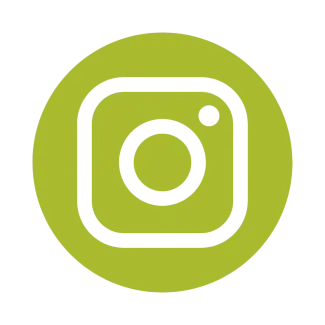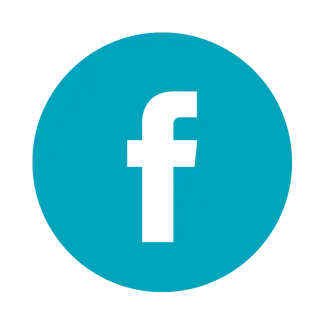YJPro Program Partners
Right Track YJPro connects youth and young adults with advanced internships and training opportunities through strategic partner organizations that build skills for specific careers.
Right Track encourages participation by persons with disabilities. If you need an accommodation to fully participate in the Right Track program, contact Right Track staff directly at RightTrack@ci.stpaul.mn.us

EMS Academy
EMS Academy is a paid EMT certification program. Participants are paid for 240 hours of training over 10-14 weeks. Following graduation, participants may pursue on-the-job training through the BLS Non-Emergency Ambulance Service.

Right Track Scholars
The Right Track Scholars Program supports young adults as they enter the workforce while building a public sector workforce that reflects the diversity of our community. Through Right Track Scholars, we are committed to preparing young people for career success and advancing inclusion within public service.


